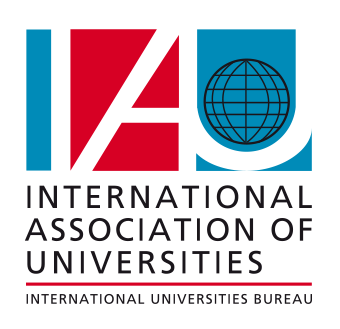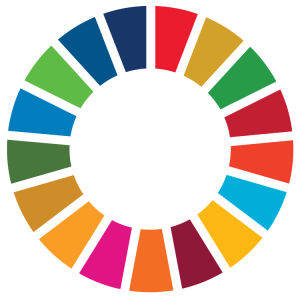Integrative Training in Inter and Transdisciplinary Research Settings, North-South Partnerships
Presentation
Dealing with the complexities of global change and the challenges of sustainable development requires significantly more than regulations, technologies, or a greener economy. The foundation for mastering these challenges is society’s ability to conduct differentiated and knowledge-based debates at the local, national, and global levels in order to avoid purely power-based negotiations and decisions. This is particularly true in large parts of the global South, where considerable economic growth and rapid social transformation are increasing the complexity of environmental, socio-cultural, economic, and political challenges. In this situation strengthening research capacity in developing nations becomes a key to facing these new complexities, as well as to strengthening the position of the South in global negotiations and corresponding alliances.
Main Activities
Right from the beginning, the research programme’s orientation towards sustainable development meant that it faced a triple challenge. First, the challenge of how to do this type of research: indeed, the scientific community is used to working in a disciplinary manner, whereas sustainable development research also requires truly interdisciplinary activities – where disciplines are willing to develop joint methods – and transdisciplinary interaction between scientists and society. Second, the challenge of where to learn how to do such research: higher education systems are rarely geared towards offering high-level training in interdisciplinary and trans-disciplinary work. And third, the challenge of with whom to do it: in addition to the lack of researchers trained in inter- and trans-disciplinary work in the global North, there is a general dearth of researchers in developing and transition countries.
Innovative Aspects
While the main focus of the programme was the research itself and support for individuals’ academic careers (more than 200 PhDs and 40 postdocs), the development of an integrated training approach enabled much of the interdisciplinary and trans-disciplinary collaboration to emerge. Building on sound disciplinary training offered in the various institutions involved, regular integrated training courses brought together students and senior researchers from different disciplines and regions of the world and enabled them to work as a team in the context of a small common case study.
Results
Students were confronted with non-academic actors during field visits, which helped them to see problems through different actors’ eyes and to formulate inter- and trans-disciplinary research questions and corresponding methodologies.
For the partners involved, the challenge is now to institutionalize this successful form of training at the local level, and to ensure the survival of the network of institutions needed for conducting such societally relevant research, promoting higher education in the global South, and generally supporting efforts towards sustainable development.
Contacts
Thomas Breu, Director International Graduate School
E-mail : thomas.breu@cde.unibe.ch



